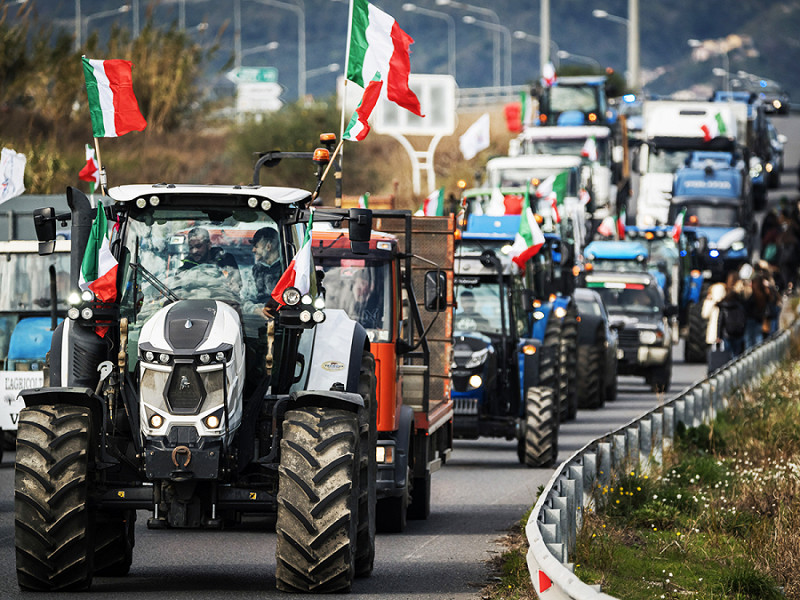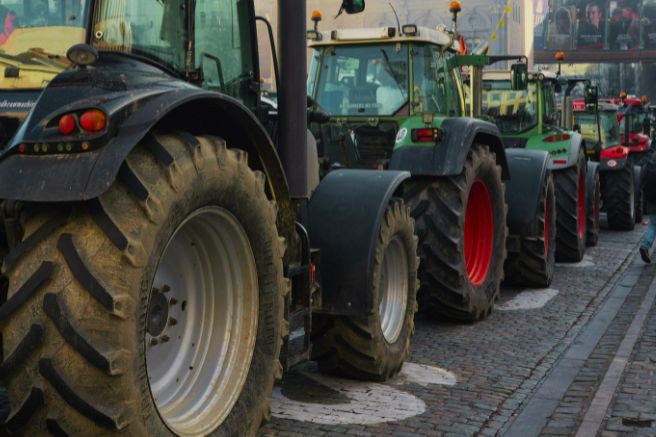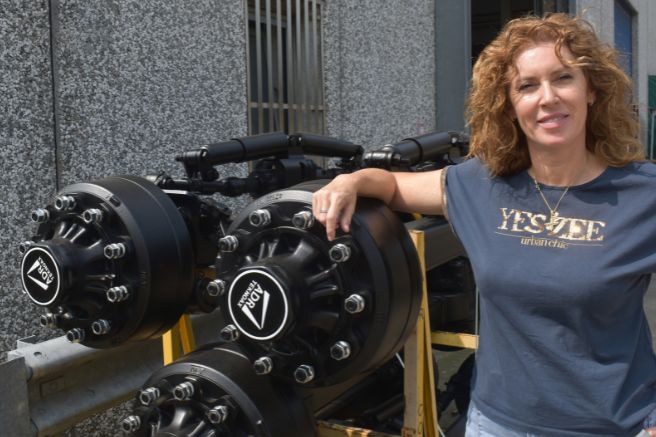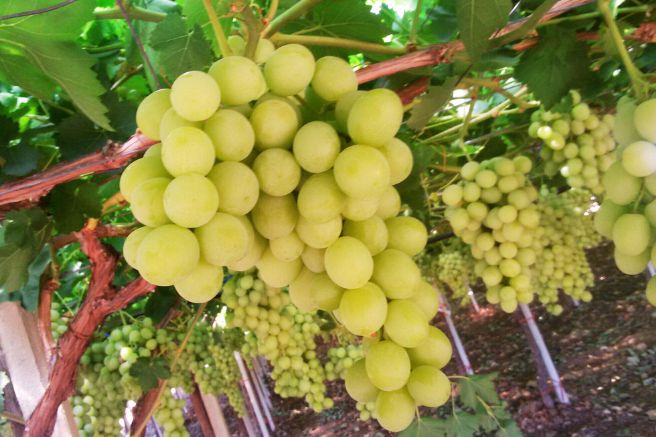
The farmers’ protests against the most absurd regulations proposed by the Common Agricultural Policy (CAP) began in Germany a few months ago when Olaf Scholz’s government decided to eliminate subsidies for agricultural diesel. The fuel issue was merely the spark for a protest that quickly spread across Europe with partly local motivations but two common denominators. One was linked to the Common Agricultural Policy, characterized by the “Green New Deal” program primarily developed by Dutchman Frans Timmermans and supported by the current European government. ù
Another point of contention was the fluctuating and generally punitive prices of major agricultural commodities for farmers. After the post-pandemic surge and the onset of the Russo-Ukrainian conflict, prices fell below the warning threshold, partly due to increased imports from Ukraine to economically support the country invaded by Putin’s Russia. Hence the European and Italian protests.
Farmers’ protests
The same motivations also underpinned the national protests in Italy, reinforced by the elimination of the income tax exemption for agricultural businesses and other more localized issues, sometimes real and sometimes not. The protests in Italy began in early February, taking place in practically all provincial capitals and major urban centers, involving thousands of farmers who effectively bypassed their respective agricultural organizations, Coldiretti, Confagricoltura, and CIA, thereby demonstrating a clear disconnect from their bases.
This is confirmed by the fact that some protests were directed precisely against those who were supposed to protect the agricultural sector but evidently did not. The tractors that invaded Italian roads moved together, regardless of union affiliation, to sound an alarm for a sector that, despite Coldiretti’s misleading narratives portraying an overly optimistic view of agriculture, finds it increasingly difficult to be profitable and sustainable. This is evidenced by the number of agricultural and livestock farms closing annually and the average indebtedness of farms induced by rising raw material and diesel costs, contrasted with falling product prices. This is coupled with an increasingly unpredictable climate, making production yields highly uncertain.

From these protests, several groups of protesting farmers have emerged. “Independent Farmers,” “Italian Farmers – United We Win,” “Betrayed Farmers Committee,” “United Agricultural Committees,” “Agricultural Redemption,” and others present in various areas of the country have shown that distinctions between farmers belonging to different unions are purely virtual. Each self-organized group includes farmers from all three unions, which emphasize their differences only to justify their existence, distinctions that the agricultural base evidently does not understand or share since the problems are common and solutions must be found together. Furthermore, with fewer than 350,000 professional farmers, the economic burden of three union organizations on agricultural businesses is unjustifiable. These organizations have, of course, tried to react, with Coldiretti leveraging its media power to position itself at the forefront of the protest—comically rushing to Brussels to protest after abandoning its presence at Fieragricola in Verona—while supporting the arguments and demands already advanced by spontaneous committees, sometimes contradicting what the “yellow hats” had claimed just a few months earlier, when President Ettore Prandini supported the agricultural reform and the “Farm to Fork” strategy.
Coldiretti also tried to invent imaginary enemies to draw attention to identity and cross-cutting issues for both the agricultural world and consumers, such as insect flour and “synthetic meat,” even resurrecting the infamous “marches on the Brenner Pass” to block foreign products, assuming customs functions not even claimed by the Customs Office today. All this with the support of the State Police, illustrating the power intertwining of the organization. It should be noted for those unfamiliar with the sector that importing agricultural commodities from abroad is not a crime within the European Union, where the fundamental principle is the free movement of goods and people. Moreover, Italy is not self-sufficient in producing many commodities, so foreign raw materials are necessary to produce Italian specialties, the much-vaunted DOP and IGP products. The European elections are approaching, potentially bringing a new government to Europe. Unfortunately, the same cannot be said for the unions in Italy.
Title: Farmers’ protests, the point with the spotlights off
Author: Fabio Fracchia
Translation with ChatGPT







